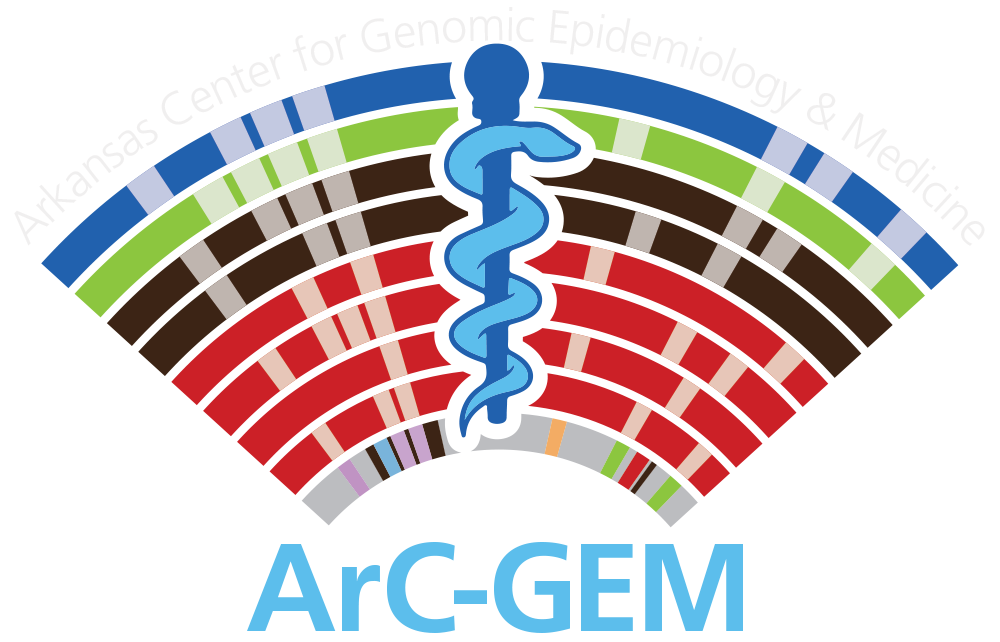Se-Ran Jun1, Trudy M. Wassenaar2, Visanu Wanchai1, Preecha Patumcharoenpol1, Intawat Nookaew1, David W. Ussery1
Background: The Zika virus (ZIKV), mainly transmitted by mosquitoes, is an emerging human- pathogenic flavivirus, and has shown similar spread pattern and clinical characteristics to Dengue virus. However, the ZIKV pandemic in South America is a serious threat to pregnant women, causing microcephaly in developing fetuses. The mechanism is unknown, although epidemiological evidence suggests that microcephaly is not associated with the African lineage of ZIKV.
Results: We examined 105 ZIKV complete genomes and complete coding sequences for genomic understanding of Zika virus epidemiology, based on phylogenetic comparative analysis, adaptive evolution analysis, recombination analysis, and protein properties, including protease cleavage sites, Pfam domains, glycosylation sites, signal peptides, trans-membrane protein domains, and phosphorylation sites. Recombination events within or between Asian and Brazil lineages were not observed, nor were changes in protease cleavage, glycosylation sites, signal peptides or trans-membrane domains between African and Brazil strains. Selection pressure was recognized at several polymorphic sites, mainly in the protein NS4B for the Brazil lineage. Importantly, positively selected mutations in NS4B resulted in an increased potential to be phosphorylated in Brazil strains.
Conclusion: ZIKV protein NS4B, together with NS4A, has been recently shown to inhibit human fetal neural stem cells’ Akt-mTOR signaling, a key pathway for brain development. We hypothesize that positive selection of novel phosphorylation sites in the protein NS4B of Brazil strains could interfere with phosphorylation of Akt and mTOR, impairing Akt-mTOR signaling and has resulted in an increased risk for the development of neuropathies.
This work is funded in part from the Arkansas Research Alliance and the Helen Adams & Arkansas Research Alliance Professor & Chair. This research is supported by the Arkansas High Performance Computing Center, which is funded through multiple National Science Foundation grants and the Arkansas Economic Development Commission.
2Molecular Microbiology and Genomics Consultants, Zotzenheim, Germany


Recent Comments